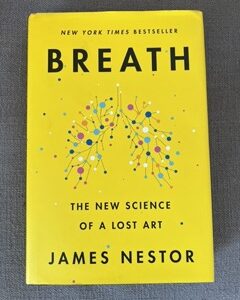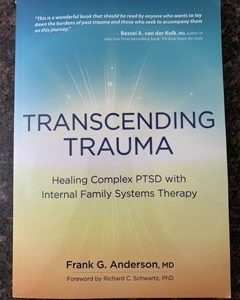Do we choose to be happy? The authors Foster and Hicks think so. They traveled the world for over ten years, on the search for happy people. Geneticists, behavioral researchers, and biochemists all have varying beliefs around our ability to be happy, what causes one person to be happy and not another given similar life circumstances. After numerous interviews, the authors came up with 9 choices that happy people make all the time:
1. Intention– the active desire and commitment to be happy, and the decision to consciously choose attitudes and behaviors that lead to happiness over unhappiness.
2. Accountability– the choice to create the life you want to live, to assume personal responsibility for your actions, thoughts and feelings, and the empathic refusal to blame others or view yourself as a victim.
3. Identification– the ongoing process of looking deeply within yourself to assess what makes you uniquely happy, apart from what you’re told by others should make you happy.
4. Centrality– the non-negotiable insistence on making central to your life that which brings you happiness.
5. Recasting– the two-step process that transforms stressful problems and trauma into something meaningful, important and a source of emotional energy.
6. Options– the decision to approach life by creating multiple scenarios, to be open to new possibilities and to adopt a flexible approach to life’s journey.
7. Appreciation– the choice to appreciate deeply your life and the people in it, and to “stay in the present” by turning each experience into something precious.
8. Giving– the choice to share yourself with friends and community, and to give to the world at large without the expectation of a “return.”
9. Truthfulness– the choice to be honest with yourself and others, and not allow societal, workplace, or family demands to violate your internal contract (Foster and Hicks, p. 10).
The authors write, “Each of the nine choices made by happy people stands alone as an important and valuable life choice. But when they come together, they create a synergistic system. In other words, when they work as a whole their total result is far greater than the sum of their parts. And that synergy is what creates deep, long term happiness” (Foster and Hicks, p. 11).
Who knew that happiness is within our control. Foster and Hicks also found those who are happy have very diverse backgrounds. So what makes you happy or really the questions remains, do you choose to be happy every day?
Source: Foster, R., Hicks, G. (1999). How we choose to be happy: the 9 choices of extremely happy people- their secrets, their stories. Penguin Books, Ltd.: London.






